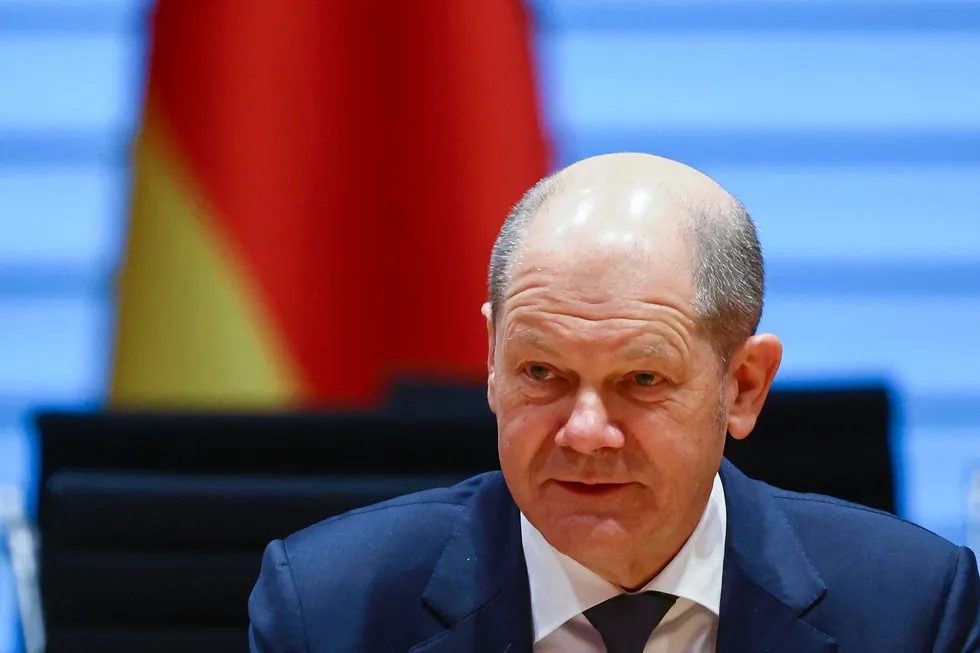Germany will promote blue hydrogen for the first time in new update of national H2 strategy, Berlin confirms
The government will also introduce new Hydrogen Acceleration Act in first half of 2023 to set rules and regulations for a speedy build out of H2 pipelines and import terminals
